THE ROLE OF THE MICROGLIA IN THE REGULATION OF MATERNAL BEHAVIOR AND LACTATION
01/30/2020
Vivien Csikós1, 2, Nikolett Arrasz1, 2, Arpád Dobolyi1, 2
1 MTA-ELTE Laboratory of Molecular and Systems Neurobiology, Department of Physiology and Neurobiology, Eötvös Loránd University and the Hungarian Academy of Sciences, Budapest, Hungary;
2 Department of Physiology and Neurobiology, Institute of Biology, Eötvös Loránd University, Budapest, Hungary
Microglial cells may be involved in the normal function of the nervous system, of which the best known is their influence on synaptic plasticity. Since maternal behaviour is accompanied by synaptic changes in mothers’ brain, we hypothesized the role of microglia in maternal function. The role of microglia was examined in lactation, and the formation of maternal behaviour during pregnancy and the postpartum period. We eliminated the microglia from the brain by blocking colony stimulating factor 1 receptor (CSF1R) signalling for 3 weeks by a CSF1R inhibitor-containing diet. Drug administration took place either during pregnancy or after parturition. The intensity of maternal behaviour decreased only if mothers were treated during pregnancy, that is postpartum elimination of microglia was without effect on the maternal behaviour. In contrast, the weight gain of pups was reduced in both protocols even if Poster pups were used. Furthermore, anxiety- and depression-like behaviours were not affected.The results suggest that microglial cells are required for proper lactation but they are not necessary for the general motility or the postpartum emotional changes. Maternal motivation may be normal in the postpartum absence of microglia. However, microglia are required for the formation of maternal motivation in the prepartum period. In conclusion, microglia cells play important roles is specific aspects of the maternal adaptation of the brain. The work was supported by the Hungarian National Research, Development and Innovation Office NKFIH-4300-1/2017-NKP_17 and OTKA K116538 research grants, and the ÚNKP-16-3 New National Excellence Program of the Ministry of Human Capacities” program.
